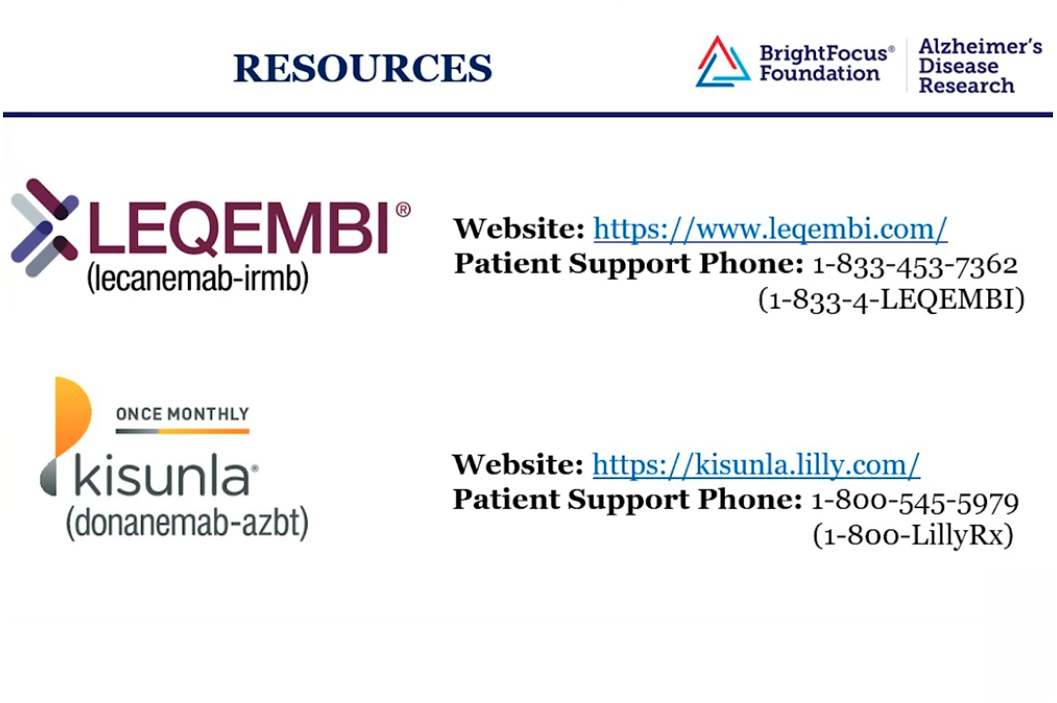
678 Nuns Contribute 30 Years of Dementia Patterns
Read this 2025 update on “The Nun Study,” analyzing more than 30 years of aging and dementia patterns of 678 nuns from the School Sisters of Notre Dame. Then watch 2 videos that take you inside.

Read this 2025 update on “The Nun Study,” analyzing more than 30 years of aging and dementia patterns of 678 nuns from the School Sisters of Notre Dame. Then watch 2 videos that take you inside.

Dementia’s cholinesterase inhibitors can affect trips to the bathroom, according to researchers in Houston, Texas. Learn more if you take donepezil, rivastigmine or galantamine. (Brand names Adlarity, Aricept, Ebixa, Exelon, Namzaric, Razadyne)

A new analysis of the benefits of these Alzheimer’s treatments scores the days and ways patients succeed in living independently.

WashU Medicine-led trial evaluating investigational drug from Eli Lilly and Company aims to stop disease before symptoms arise

A natural mineral called “selenium” may improve learning and memory, and even possibly reverse memory loss in aging brains, according to a study in Australia.

CNN VIDEO: An Alzheimer’s brain comes with two culprits: tangles of tau protein and plaque made of amyloid. Yesterday’s research focused on getting rid of amyloid. See how today’s new, cutting edge research is targeting tau, too.

Ketones are a backup source of energy for neurons. Now, exciting research reveals bigger news: Ketone esters help clear misfolded proteins in animal models of aging and Alzheimer’s.

VIDEO + ARTICLE: Even in dementia, the power of music speaks to our souls. Watch how this power made a news anchor cry. Learn about new research that shows this to be always true.

Does lack of sleep lead to Alzheimer’s? Sleep scientist Matt Walker explains the relationship between the two. See how researchers want to use sleep to decrease our chances of developing this condition.

In an Alzheimer’s study, insulin delivered high up in the nasal cavity achieved lasting results in improving memory. Find out why Dr. W. Banks calls this “one of those studies where everything is coming together.”

Higher midlife omega-3 levels were linked to lower early-onset dementia risk. It’s not proof — but it’s a meaningful signal worth paying attention to.

In a one-hour seminar, a leading neurologist answers the most important questions families ask about what these new therapies can realistically deliver — from effectiveness and safety to eligibility, infusion logistics, cost, and access.

Here’s a good activity caregivers can use easily, contributed by one of our readers. It’s a simple game, great in mid-stage Alzheimer’s.

Too much sleep and too little sleep can contribute to cognitive decline, researchers report. Learn more.

People with dementia who were consistently seen by the same General Practitioner (GP) are given fewer medicines and are less likely to be given medicines that can cause problems, according to researchers at University of Exeter. Learn more.

A deep promise to be there for an Alzheimer’s parent, this heartwarming song was written as a tribute to families facing dementia.

Amyloid is one of the leading culprits behind Alzheimer’s. Scientists know it damages memory by killing brain cells. Now research reveals how amyloid triggers memory loss in perfectly healthy brain cells as well. Learn more about how Alzheimer’s develops.
No spam, only news and updates.


